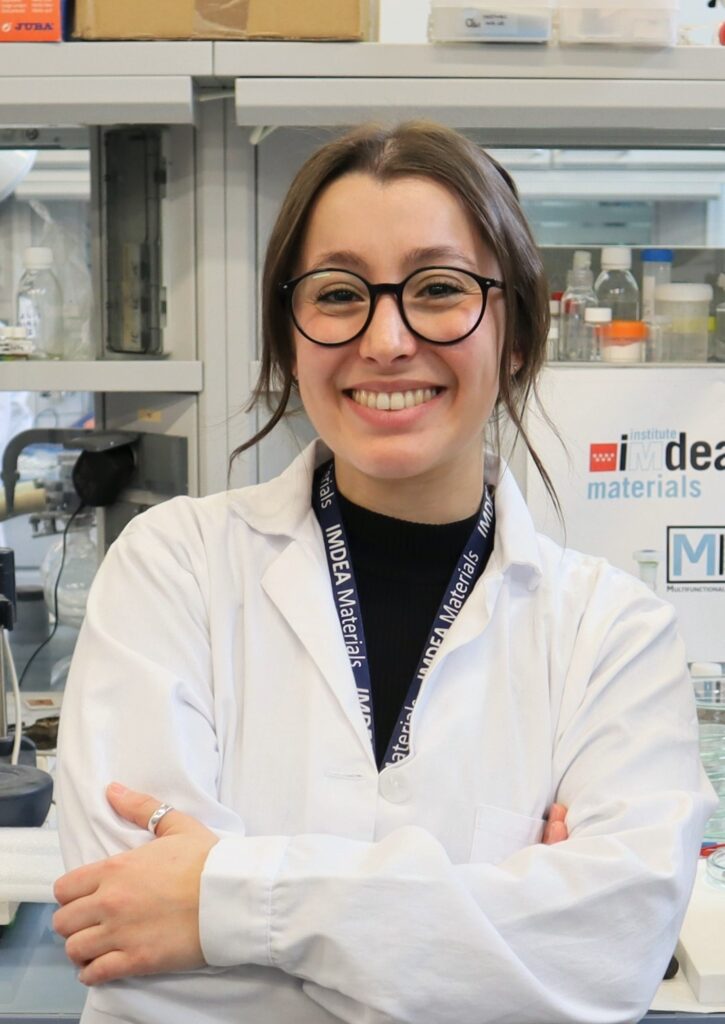Abstract:
Heart failure is a global health challenge that significantly contributes to mortality, comorbidities, and economic burdens. Acute myocardial infarction often leads to chronic heart failure due to the limited regenerative capacity of the human heart. Similarly, non-ischemic heart failure, caused by hypertension, metabolic syndrome, and aging, is an increasing social and health concern. Current therapies focused on myocardial regeneration face considerable challenges, including the inability to generate cardiomyocytes from cardiac stem cells, problems related to immune rejection, and the arrhythmogenic properties of cardiomyocytes derived from pluripotent stem cells.
This doctoral thesis aims to fabricate functional cardiac tissue by integrating cardiomyocytes derived from satellite cells of masticatory skeletal muscle into self-assembling hydrogels. Unlike satellite cells from other skeletal muscles, those from mandibular muscle can be efficiently redirected to cardiomyocytes under cardiogenic conditions. To address challenges such as the mechanical sensitivity of cells and poor survival in grafts, this research embeds cardiomyocytes within hydrogels that mimic the extracellular matrix to enhance differentiation and integration. The primary objectives include designing self-assembling hydrogels with optimal mechanical properties, aligning nanofibers to support cardiomyocyte maturation, developing controlled release systems for growth factors, and guiding satellite cell differentiation into cardiomyocytes to create functional cardiac tissue for therapeutic use.

